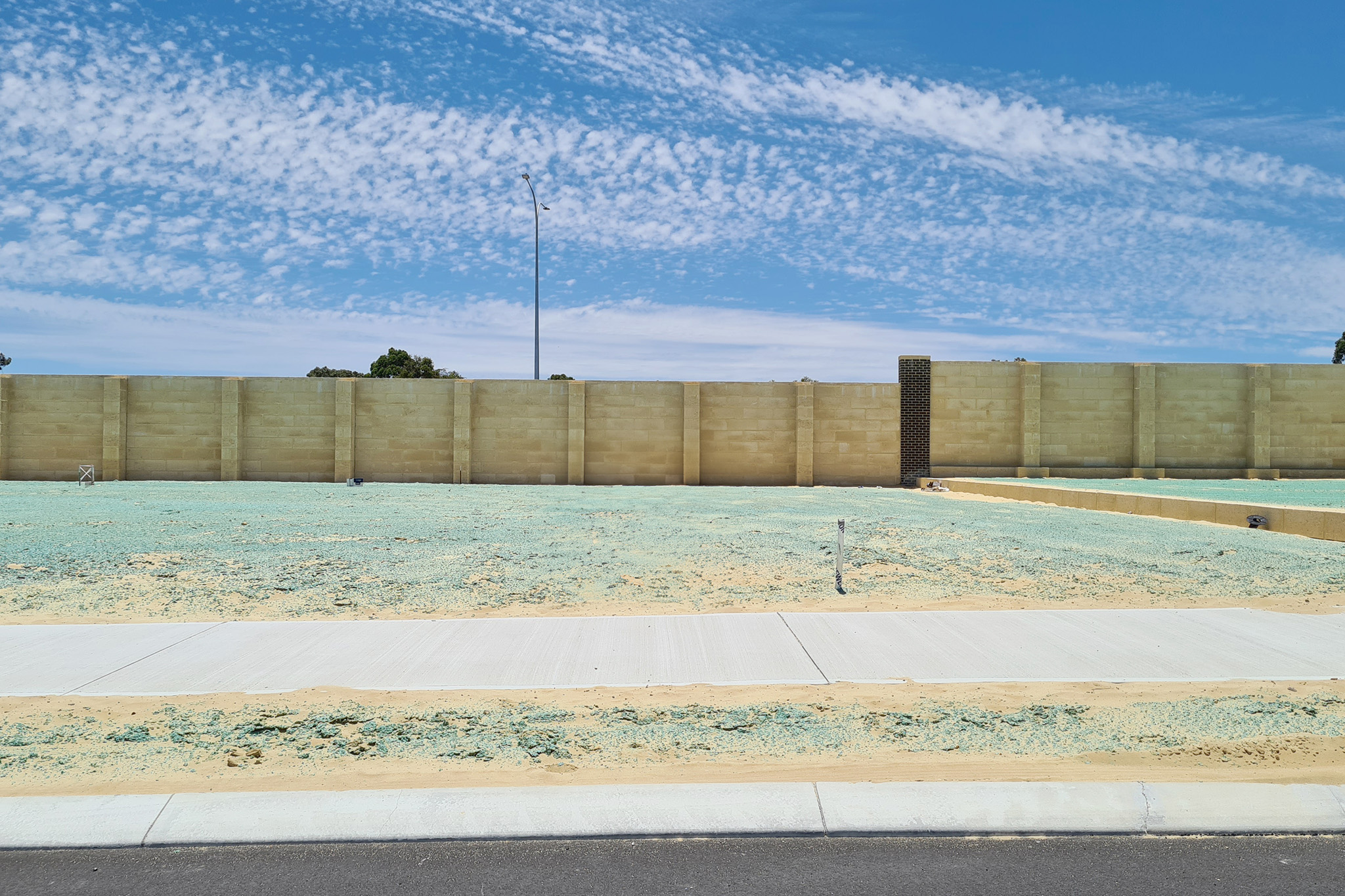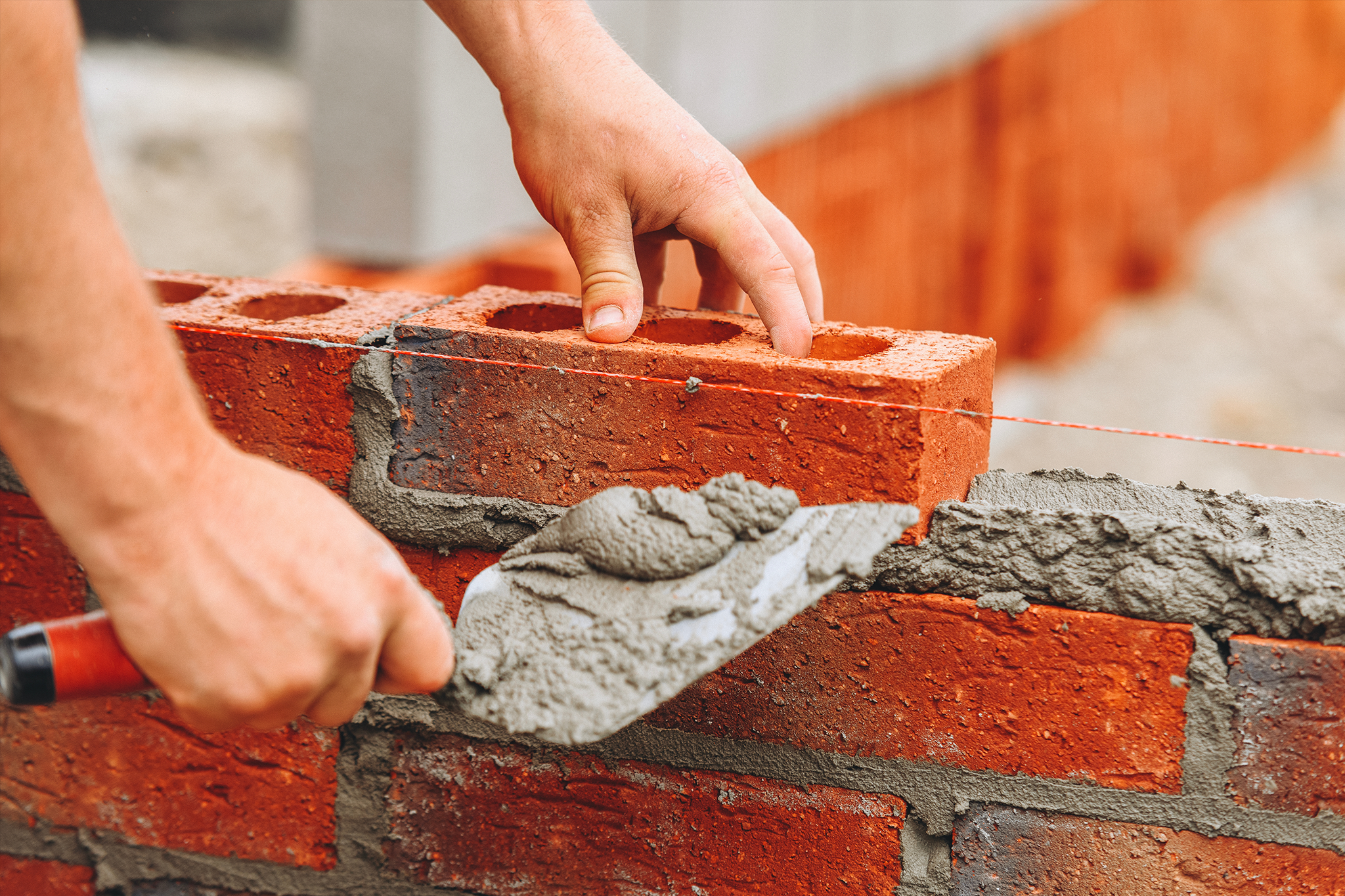

Siteworks: What are they? And, more importantly, what do they cost?
Siteworks, also known as Earthworks, have been the source of many heated arguments between builders and clients over time. It’s important that as a first home buyer, you understand what siteworks are, and why there are often hidden or unexpected costs that can arise. Without a basic grasp of what is involved in siteworks, you might be a little disheartened (and understandably so), if it seems like a group of construction workers came to your block, moved some sand around and then asked you for tens of thousands of dollars. So, we’re here to give you the basics and hopefully avoid any potential arguments between you and your builder.
What are siteworks?
Put simply, siteworks describe the process by which your block is prepared, levelled and compacted in preparation for your home to be built. While it might seem straightforward, what is required will vary depending on the nature and condition of your block, meaning siteworks can range from simple to very complex. Siteworks also encompass the maintenance and management of your building site. Siteworks are extremely important to ensure that your home is secure, stable and to avoid any structural damage.
The dreaded costs…
The cost of siteworks will depend on various factors, meaning the price will vary from block to block. The costs cannot be confirmed until your land has been inspected and assessed, as costs will often depend on factors that are not easily visible or ascertainable, such as the composition of the soil. The builder will need to obtain surveys and various reports (including an energy efficiency and engineer’s report) before determining the final costs. Before the builder has conducted all the necessary assessments, they will only be able to give you a rough estimate of the overall fee, which can end up being significantly less than the actual figure. This can be due to unexpected complications with the land, such as the need for retaining walls or an incline/decline leading to the garage. The best thing to do is to ask your builder for an itemised list of the siteworks costs. This way, you’ll know exactly what you’re paying for.
What can impact the costs of siteworks?
- Terrain
Clearing the block of any trees (or tree stumps), rocks or vegetation is one of the first things that must be done when preparing a site for construction. Naturally, costs may increase depending on the volume of material that must be removed.
- Location
Blocks located outside of metro areas may incur increased siteworks costs as machinery and other materials must be transported, which generally involves more time and manpower.
- Size
As a general rule, the bigger the block, the higher the costs. This is because larger blocks will take longer to level and compact, and require more materials.
- Soil
When looking for a block, most (normal) people probably won’t stop to consider the existing soil type (unless you’re a geologist or interested in panning for gold or something). However, the type of soil will impact the costs of siteworks. For example, Land HQ WA explains that if your soil is dense in clay, this can impact the soil’s ability to drain and cause water to pool on the surface. In these circumstances, you will need to have some of the clay removed and add new sand.
- Incline
If your block has a slope, then more work will be required to level the ground, thus increasing the costs. Retaining walls may also be required… a pricey addition to siteworks.
How to avoid enormous costs…
Ultimately, if you’d like to avoid increased costs associated with siteworks, then we recommend paying particular attention to any potential block prior to purchase. We recognise that it can be tricky knowing what to look for, particularly as a first home buyer, so we recommend doing your research or reaching out to our team for assistance. It might take a bit of extra time and effort now, but it will save you a lot of hassle in the long run! Also, bear in mind that even with all the research and planning in the world, some unexpected costs can always arise, so it’s best to be aware of this possibility and consult with the experts where you can!



